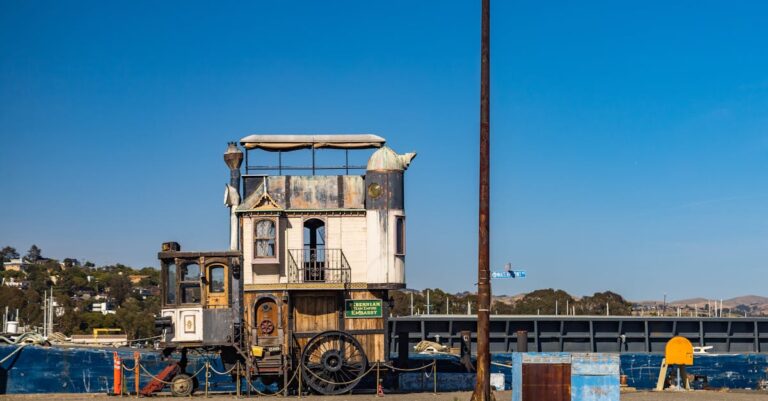
The air in the hospital tent reeked of iron and damp linen. Eliza wiped her hands on her apron, the coarse fabric scratching her palms, and glanced at the row of cots stretching into the dimness. A moan rippled through the room, followed by a cough that sounded like a broken bellows. She bent over a young soldier, his face pale beneath a layer of grime, and pressed a cool cloth to his brow. The fever had taken him, but not yet. Not yet.
Outside, the sun blazed over the fields of Gettysburg, turning the dirt to dust that clung to her boots. The cannons had fallen silent for now, but the echoes of their thunder still vibrated in her bones. She had heard the reports—Union forces advancing, Confederate retreating—but here, in this tent, time moved in fits and starts, dictated by the rise and fall of ragged breaths.
A nurse named Mabel approached, her face etched with exhaustion. “Another one,” she said, nodding toward a cot at the far end. “Fell on his sword. Or maybe it was a bayonet. Doesn’t matter now.” Eliza followed her gaze. The man’s uniform was tattered, his left arm missing below the elbow. A patch of blood had seeped through the bandage, dark and stubborn.
“How long?” Eliza asked, though she already knew the answer. The question was a ritual, a way to measure the hours that stretched between surgeries and silence.
Mabel shrugged. “An hour. Maybe two.” She turned away, her boots crunching over glass fragments scattered across the floor. Eliza knelt beside the wounded man, her fingers brushing his wrist. His pulse was weak, but it was there—like a moth fluttering against the walls of his chest.
She reached for the scalpel, its edge gleaming in the slanting light. The sound of metal scraping against bone sent a shiver through her. She had done this before, countless times, but each cut felt like a betrayal. The man groaned, his eyes fluttering open. For a moment, their gazes locked, and she saw something in his face—recognition, perhaps, or the flicker of a memory she couldn’t name.
“You’re not supposed to be here,” he whispered, his voice a rasp of smoke and broken glass.
Eliza paused. “Where else would I be?”
He didn’t answer. His eyes closed again, and she resumed her work, the blade slicing through flesh with a wet, hollow sound. The tent door flapped open, and a figure stepped inside—Dr. Whitaker, his coat stained with blood and dirt. He hesitated, his gaze sweeping the room before landing on her.
“Eliza,” he said, his voice low, almost a sigh. “You shouldn’t be here.”
She didn’t look up. “And you should?”
A silence stretched between them, thick as the smoke that curled from the distant fires. Then he moved, his boots making soft thuds against the floor. He crouched beside her, his hands steady as he took over the procedure. His touch was familiar, practiced, and it sent a flicker of something through her—remembrance, maybe, or the ghost of a long-buried argument.
“You’re wasting time,” he said, his eyes on the wound. “The infection’s already set in. He won’t make it through the night.”
Eliza’s jaw tightened. “Then we make sure he’s comfortable.”
Whitaker didn’t respond. He worked in silence, his movements precise, and she watched him, noting the way his hands trembled slightly at the edges. It was a small thing, but it confirmed what she already knew: he was as worn down as the rest of them, even if he tried to hide it.
When the procedure was done, she stood and wiped her hands on her apron again. The man’s breathing had slowed, his chest rising in shallow, uneven pulses. She turned to Whitaker, who was already gathering his tools. “What’s his name?”
He hesitated, then said, “Jesse.”
“Jesse what?”
“I don’t know.”
She studied him, searching for the lie in his voice, but found none. “You’re lying,” she said.
He met her gaze, and for a moment, the tent seemed to hold its breath. “I’m not,” he said. “I don’t know his name. I don’t know anything about him.”
“Then why are you here?”
His expression hardened. “Because someone has to be.”
The words hung between them, heavy and unspoken. Eliza turned away, her boots crunching over the glass again. She had heard the rumors—about Whitaker, about the things he had done, the things he had seen. But she had also seen the way he worked, how he moved through the chaos with a quiet determination that bordered on desperation.
Outside, the sun dipped lower, casting long shadows across the tent. The moans and coughs continued, a steady rhythm that never quite stopped. Eliza stepped into the dim light, her hands still damp with blood and sweat. The air smelled of smoke and earth, of death and survival. She closed her eyes for a moment, letting the weight of it settle over her.
Then she turned back toward the tent, ready to face whatever came next.


